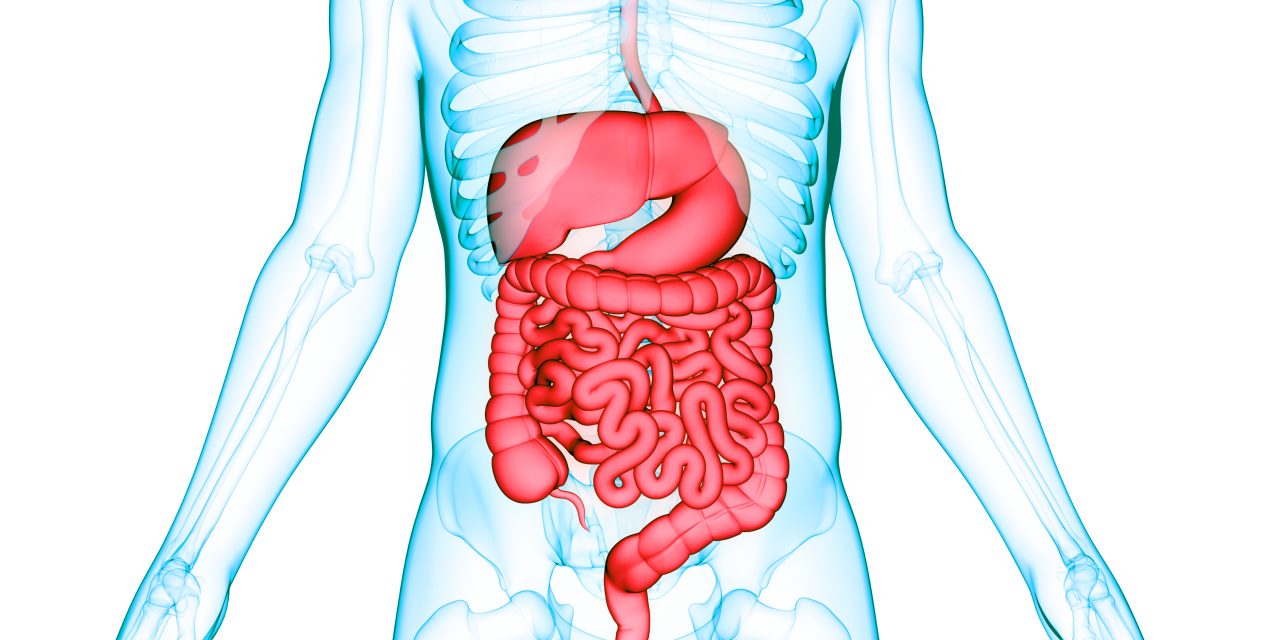Non-alcoholic fatty liver disease (NAFLD) is a condition characterized by the accumulation of liver fat in people who drink little or no alcohol. Norursodeoxycholic acid is an orally administered homolog of ursodeoxycholic acid that is known to have hepatoprotective, anti-inflammatory, and antifibrotic activity. This study aims to examine the efficacy of norursodeoxycholic acid for the treatment of NAFLD.
This placebo-controlled, multicenter, double-blind, randomized, phase-2 clinical trial included a total of 198 patients with NAFLD. The patients were randomly assigned in a 1:1:1 ratio to receive 500 mg norursodeoxycholic acid (n=67), 1,500 mg norursodeoxycholic acid (n=67), or placebo (n=64). The primary outcome of the study was the mean relative percentage change in serum alanine aminotransferase (ALT) concentrations, along with serious and treatment-related adverse events.
The findings indicated a dose-dependent reduction in serum ALT levels with norursodeoxycholic acid versus placebo. The effect was more profound in the 1,500 mg group (−27·8%). The prevalence of serious adverse events (n=6) and treatment-related adverse events (n=314) was similar across all groups. The most common adverse events were headache, infections, and gastrointestinal disorders.
The research concluded that norursodeoxycholic acid at 1,500 mg as associated with a significant reduction of serum ALT levels within 12 weeks of treatment.
Ref: https://www.thelancet.com/journals/langas/article/PIIS2468-1253(19)30184-0/fulltext


